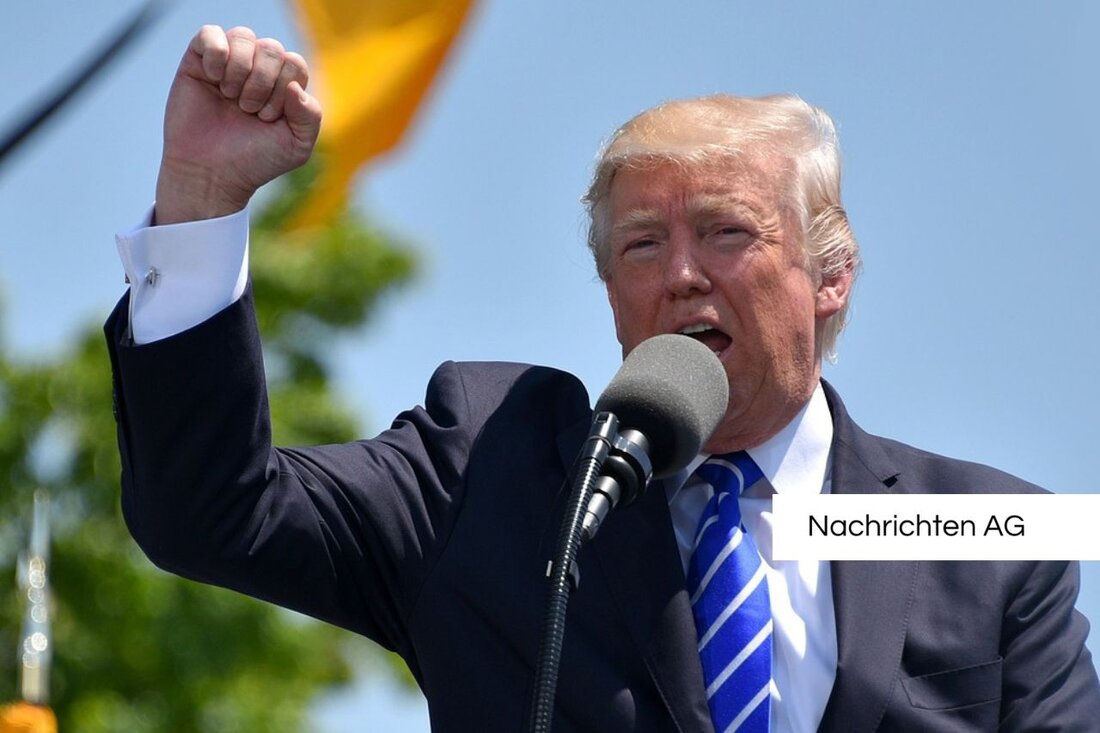Elfriede Jelinek: I'm not dead! - False report shocks the fans
False report on the death of Elfriede Jelinek causes excitement. The HOAX was spread by a fake account.

Elfriede Jelinek: I'm not dead! - False report shocks the fans
On Tuesday afternoon, June 17, 2025, news on the supposed death of the Austrian Nobel Prize for Literature Elfriede Jelinek (78) spread on the Internet at a rapid pace. The account on X (formerly Twitter), which put the message into the world, later turned out to be a Hoax. The situation illustrates the challenges that false reports on social media have. The Austrian writer reacted calmly to this false report and made it clear: "It is the second time that I'm dead. I still live."
The news about Jelinek's alleged death was originally published on the fake account at 1:40 p.m. At 2:08 p.m. the dizziness came to light when the operator of the account, the Italian journalist Tommasso DeBedetti, admitted that it was a HOAX. Debenedetti is no stranger to the world of false reports: As early as 2020, he caused a stir with a false death report about the opera stars Plácido Domingo. As a result, Nora Gottschalk, spokeswoman for Rowohlt, confirmed that the report on Jelinek's death did not meet the truth. Numerous Austrian and German media, including "Der Standard", first reported on the false report and later apologized for the distribution.
The problem of fake news
This episode is not an isolated case, but is involved in a worrying development that is becoming increasingly important in the digital age. As reports the bpb, there is an increasing spread of fake news, misinformation and disinformation that is specifically spread in social media. Such false or misleading information not only endangers public trust in the media, but also in political institutions.
Investigations show that the uncertainty caused by fake news can also be attributed to low trust in the media. In particular, the 2016 election year, in which Donald Trump was elected president, and the Brexit referendum have fueled the debate about fake news. Scientific studies brought to light that less than 1 % of the content that users see in social networks are classified as fake news. Nevertheless, even small parts of false information can have significant effects on opinion formation and election results.
measures to combat disinformation
In order to take action against the spread of fake news, various initiatives were taken. The EU has launched programs such as "EU vs. Disinfo" and the European Digital Media Observatory to get disinformation under control. Media literacy is also regarded as a central approach to combating false reports. It is not just about the imparting of knowledge, but also about a critical examination of media content.
In connection with Jelinek's false report, it becomes particularly clear how important it is to be informed about the mechanisms of false information. Media literacy is essential to promote trust in serious sources of information and to recognize dubious content. The episode around Elfriede Jelinek shows not only the risks of fake news, but also the need for improved media education in society.

 Suche
Suche
